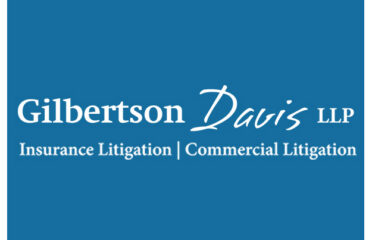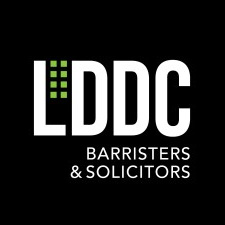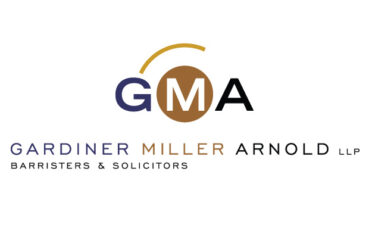What is Condominium Law in Canada?
Condominium law in Canada governs the creation, management, and operation of strata properties across the country. With over 1.5 million condo units nationwide, this specialized area of property law balances individual ownership rights with collective responsibilities. Each province has its own condominium legislation, creating a complex legal landscape for owners, boards, and developers to navigate.
This comprehensive guide explains key aspects of Canadian condominium law, including:
-
Provincial legislative frameworks
-
Owner rights and responsibilities
-
Board governance requirements
-
Common disputes and resolutions
-
Recent legal developments
1. Provincial Condominium Legislation
Key Statutes Across Canada
| Province | Primary Legislation | Regulatory Body |
|---|---|---|
| Ontario | Condominium Act, 1998 | Condominium Authority of Ontario |
| British Columbia | Strata Property Act | BC Financial Services Authority |
| Alberta | Condominium Property Act | Alberta Condominium Manager Licensing |
| Quebec | Civil Code of Quebec (Book V) | Régie du logement |
| Nova Scotia | Condominium Act | Service Nova Scotia |
Common Features
-
Mandatory disclosure statements for new builds
-
Governance through elected boards
-
Financial reporting requirements
-
Dispute resolution mechanisms
2. Condominium Ownership Structure
Three Components of Condo Ownership
-
Unit (individually owned space)
-
Common Elements (shared spaces like hallways, amenities)
-
Condominium Corporation (legal entity managing the property)
Percentage Ownership Calculations
-
Based on unit size/value relative to whole property
-
Determines voting rights and fee obligations
-
Typically outlined in declaration/by-laws
3. Rights and Responsibilities
Owner Rights
-
Attend and vote at meetings
-
Examine corporation records
-
Peaceful enjoyment of unit
-
Challenge improper decisions
Owner Obligations
-
Pay monthly fees (condo fees)
-
Comply with bylaws/rules
-
Maintain unit (including windows, doors)
-
Obtain board approval for major renovations
4. Condo Board Governance
Board Responsibilities
-
Financial management
-
Property maintenance
-
Rule enforcement
-
Insurance procurement
-
Reserve fund planning
Recent Governance Reforms
-
Ontario: Mandatory director training (since 2017)
-
BC: Enhanced strata council transparency rules (2022)
-
Alberta: New manager licensing requirements (2023)
5. Financial Management Requirements
Budgeting Rules
-
Must prepare annual budget
-
Special assessments require owner approval
-
Reserve fund studies mandatory (every 3-5 years)
Fee Collection Powers
-
Can charge interest on arrears (typically 12-24%)
-
May register liens for unpaid fees
-
Power to sue for collections
6. Common Legal Disputes
Top Condo Conflict Areas
-
Noise Complaints (28% of cases)
-
Parking Disputes (19%)
-
Pet Restrictions (15%)
-
Smoking/Vaping (12%)
-
Short-Term Rentals (11%)
Source: 2023 Canadian Condominium Institute data
Resolution Options
-
Internal mediation
-
Provincial tribunal systems
-
Court applications
-
Arbitration
7. Insurance Requirements
Standard Coverage
-
Building structure
-
Common elements
-
Directors’ liability
-
Deductible assessment
Owner Responsibilities
-
Unit improvements/betterments
-
Personal liability
-
Contents coverage
8. Recent Legal Developments (2023-2024)
Notable Changes
-
Ontario: New Condominium Services Act reforms
-
BC: Amendments to rental restriction rules
-
Quebec: Revised emergency fund requirements
-
Alberta: Updated depreciation report rules
Emerging Issues
-
EV charging infrastructure
-
Climate resilience upgrades
-
Aging building retrofits
-
Short-term rental regulation
9. When to Consult a Condo Lawyer
Seek legal advice for:
✅ Purchasing or selling a condo unit
✅ Disputes with board/neighbors
✅ Major renovations or alterations
✅ Bylaw amendments
✅ Developer disputes
Provincial Resources
-
Condominium Authority of Ontario
-
BC Strata Property Portal
-
Alberta Condominium Association
Conclusion: Navigating Condo Living Successfully
Canadian condominium law creates a framework for harmonious shared ownership while protecting individual rights. Understanding your provincial legislation helps ensure positive condo living experiences and effective dispute resolution.












